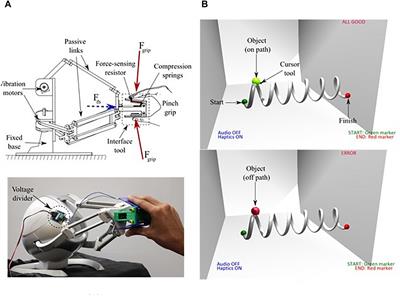ORIGINAL RESEARCH
Published on 15 May 2020
Neuroergonomic Assessment of Hot Beverage Preparation and Consumption: An EEG and EDA Study
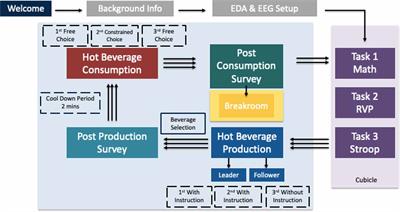
doi 10.3389/fnhum.2020.00175
- 4,445 views
- 16 citations
78k
Total downloads
523k
Total views and downloads
Select the journal/section where you want your idea to be submitted:
ORIGINAL RESEARCH
Published on 15 May 2020

ORIGINAL RESEARCH
Published on 09 Apr 2020

BRIEF RESEARCH REPORT
Published on 14 Feb 2020
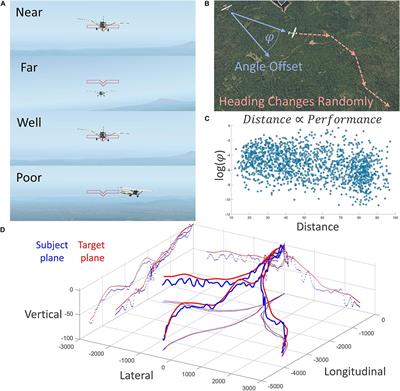
REVIEW
Published on 09 Jan 2020
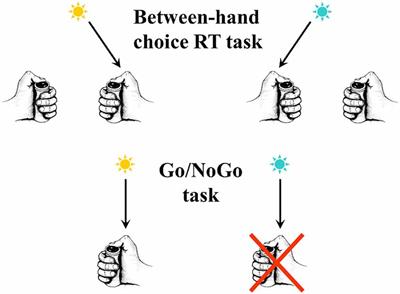
ORIGINAL RESEARCH
Published on 10 Dec 2019

ORIGINAL RESEARCH
Published on 15 Nov 2019

ORIGINAL RESEARCH
Published on 06 Nov 2019
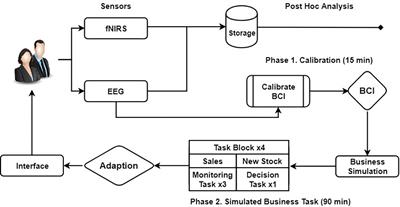
ORIGINAL RESEARCH
Published on 23 Oct 2019
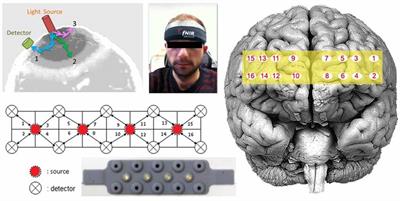
ORIGINAL RESEARCH
Published on 11 Sep 2019
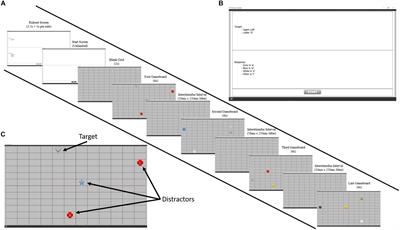
ORIGINAL RESEARCH
Published on 06 Sep 2019
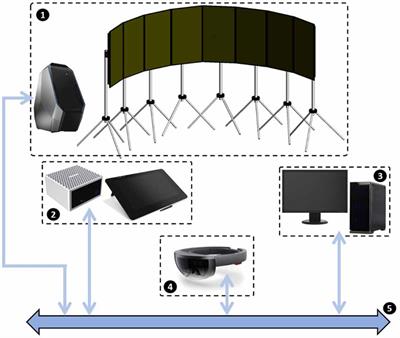
ORIGINAL RESEARCH
Published on 06 Sep 2019
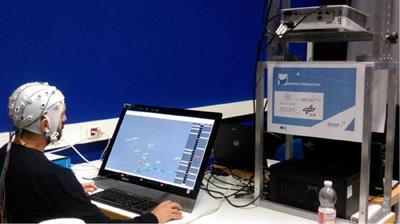
ORIGINAL RESEARCH
Published on 30 Aug 2019
